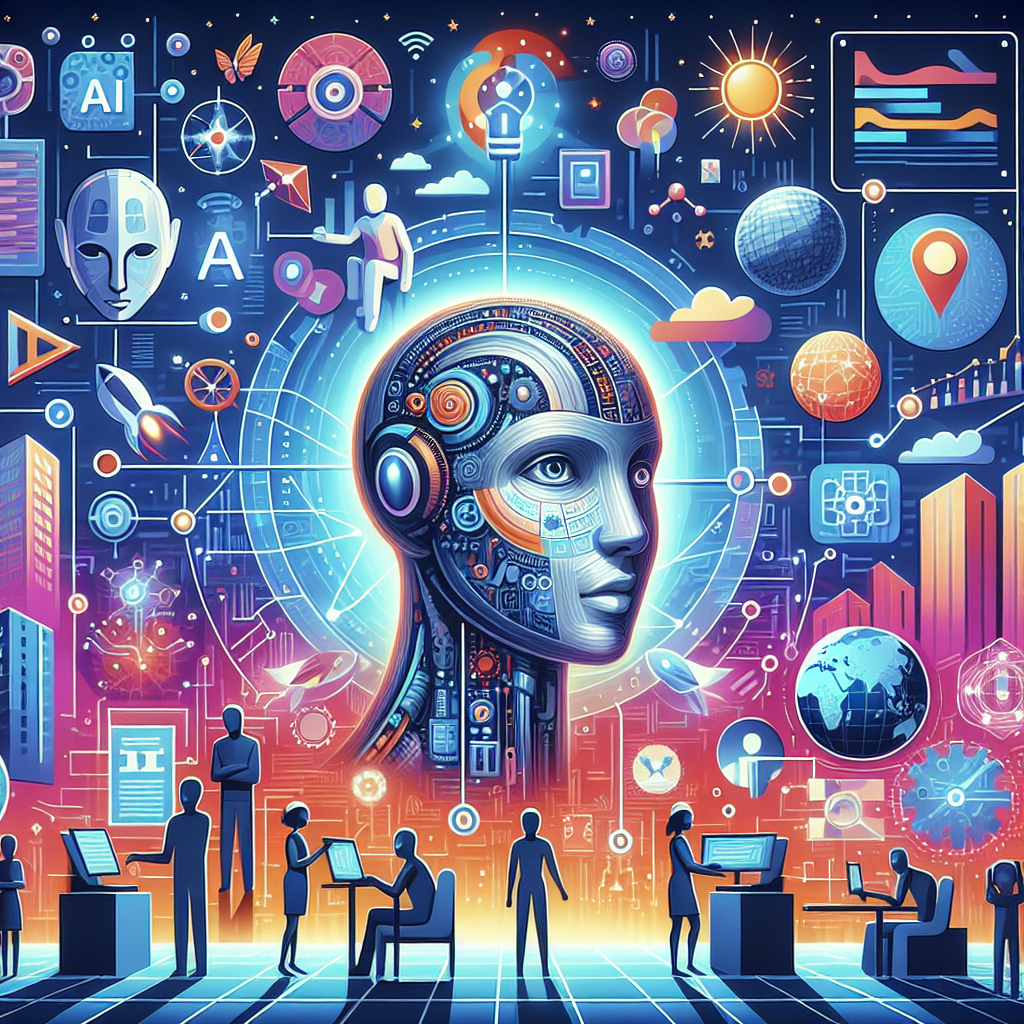The Impact of AGI on Society: Preparing for a New Era of Technology
Artificial General Intelligence (AGI) is a term used to describe the hypothetical ability of a machine to perform any intellectual task that a human can do. This concept has been the subject of much speculation and debate in recent years, as advancements in artificial intelligence (AI) technology continue to push the boundaries of what is possible.
While AGI has the potential to revolutionize many aspects of society, it also raises a number of ethical, social, and economic concerns that must be addressed. In this article, we will explore the impact of AGI on society and discuss how we can prepare for the coming era of artificial intelligence.
The Potential Benefits of AGI
AGI has the potential to bring about a wide range of benefits for society. One of the most significant advantages of AGI is its ability to perform tasks that are too dangerous, difficult, or time-consuming for humans to perform. For example, AGI could be used to automate complex tasks in fields such as healthcare, transportation, and manufacturing, leading to increased efficiency, productivity, and safety.
AGI also has the potential to revolutionize the way we work and live. By automating routine tasks, AGI could free up human workers to focus on more creative and strategic activities, leading to higher job satisfaction and productivity. Additionally, AGI could help to solve some of the world’s most pressing challenges, such as climate change, poverty, and disease, by analyzing vast amounts of data and identifying new solutions.
The Potential Risks of AGI
Despite its potential benefits, AGI also poses a number of risks to society. One of the biggest concerns is the impact of AGI on the job market. As machines become increasingly capable of performing tasks that were once reserved for humans, there is a real possibility that many jobs could be automated, leading to widespread unemployment and economic disruption.
AGI also raises ethical concerns about the potential misuse of AI technology. For example, there is the risk that AGI could be used to create autonomous weapons systems that could be used to harm civilians or violate human rights. Additionally, there is the risk that AGI could be used to manipulate public opinion, invade privacy, or perpetuate discrimination and bias.
Preparing for the Era of AGI
Given the potential benefits and risks of AGI, it is essential that society takes steps to prepare for the coming era of artificial intelligence. One key aspect of preparation is to ensure that AI technology is developed and deployed in a responsible and ethical manner. This includes establishing clear guidelines and regulations for the use of AI, as well as ensuring that AI systems are transparent, accountable, and unbiased.
Another important aspect of preparation is to invest in education and training programs that will help workers adapt to the changing job market. By providing workers with the skills they need to thrive in a world dominated by AI, society can help to mitigate the negative impacts of automation and ensure that everyone has the opportunity to benefit from the potential of AGI.
Furthermore, it is important for policymakers, researchers, and industry leaders to engage in open and transparent dialogue about the potential impacts of AGI on society. By working together to address the challenges and opportunities of AGI, we can ensure that this powerful technology is used to benefit humanity as a whole.
FAQs
Q: What is the difference between AGI and AI?
A: While artificial intelligence (AI) refers to the ability of a machine to perform tasks that would normally require human intelligence, artificial general intelligence (AGI) refers to the ability of a machine to perform any intellectual task that a human can do. AGI is considered to be a more advanced form of AI that has the potential to revolutionize many aspects of society.
Q: What are some examples of AGI applications?
A: Some potential applications of AGI include autonomous vehicles, healthcare diagnostics, financial forecasting, and natural language processing. AGI has the potential to revolutionize many fields by automating complex tasks, analyzing vast amounts of data, and identifying new solutions to pressing challenges.
Q: What are the risks of AGI?
A: Some of the risks of AGI include widespread unemployment due to automation, ethical concerns about the potential misuse of AI technology, and the potential for bias and discrimination in AI systems. It is important for society to address these risks and take steps to ensure that AGI is developed and deployed in a responsible and ethical manner.
Q: How can society prepare for the era of AGI?
A: Society can prepare for the era of AGI by investing in education and training programs, establishing clear guidelines and regulations for the use of AI, and engaging in open and transparent dialogue about the potential impacts of AGI on society. By working together to address the challenges and opportunities of AGI, we can ensure that this powerful technology is used to benefit humanity as a whole.

